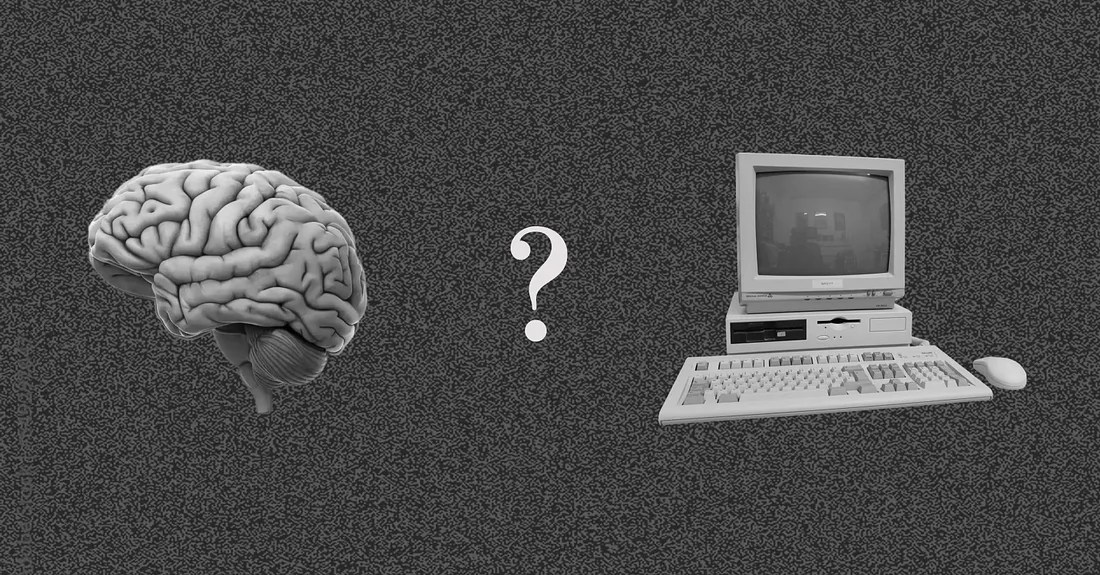Provided by CNBC
People are losing the cognitive and social skills they need for a thriving personal and professional life, says organizational psychologist Richard Davis.
“We are at risk of losing this essential capability that I call receptivity,” says Davis, the managing director of Toronto-based leadership consulting firm Russell Reynolds Associates.”It’s the ability to have good judgment, to have insight about people, and it’s a major concern.”….Continue reading…
By Ashton Jackson
Source: MSN
.
Critics:
Cognitive skills are the essential qualities your brain utilizes to think, listen, learn, understand, justify, question, and pay close attention. Cognitive abilities are a collection of natural skills that include such things as listening perception and attention to detail . Developing and strengthening your cognitive abilities can help you during the hiring process and throughout your career.
Cognitive impairment is when a person has trouble remembering, learning new things, concentrating, or making decisions that affect their everyday life. Cognitive impairment ranges from mild to severe. “Cognitive disabilities” is a term that refers to a broad range of conditions that include intellectual disability, autism spectrum disorders, severe, persistent mental illness, brain injury, stroke, and Alzheimer’s disease and other dementias.
A brain training activity doesn’t always have to be exercise-related. Much research has found that creative outlets like painting and other art forms, learning an instrument, doing expressive or autobiographical writing, and learning a language also can improve cognitive function.
Cognitive thinking is the mental process that humans use to think, read, learn, remember, reason, pay attention, and, ultimately, comprehend information and turn it into knowledge. Human beings can then turn this knowledge into decisions and actions. Recently a consensus has developed that the Big Five traits of personality (Neuroticism, Extraversion, Openness, Agreeableness, and Conscientiousness) are an adequate taxonomy of individual difference traits.
Higher order cognition is composed of a range of sophisticated thinking skills. Among the functions subsumed under this category of neurodevelopmental function are concept acquisition, systematic decision making, evaluative thinking, brainstorming (including creativity), and rule usage.
Helping clients of all ages learn to identify and evaluate unhelpful and inaccurate thinking is a crucial component in Cognitive Therapy. The mnemonic of “The Three C’s” (Catching, Checking, and Changing) can be particularly helpful to children in learning this process. Cognitive decline can range from mild cognitive impairment to dementia, a form of decline in abilities severe enough to interfere with daily life. Alzheimer’s disease is the most common form of dementia.
Age is the primary cause of cognitive impairment. Other risk factors include family history, physical inactivity, and disease/conditions such as Parkinson’s disease, heart disease, stroke, brain injury, brain cancers, drugs, toxins, and diabetes.Some of the possible causes include: Depression, chronic stress and anxiety. Thyroid, kidney or liver problems. Sleep apnea and other sleep disorders.
Cognitive fatigue is a decline in task performance that entails sustained mental activity. It may manifest in making frequent mistakes, difficulty staying focused, and taking longer to complete tasks. Management can include taking short breaks and getting a brief reprieve from stimuli, such as noise and light. Conditions that affect blood flow in your brain, like tumors, blood clots, stroke or traumatic brain injury.
Cholinesterase inhibitors are the first choice of treatment for memory loss. The doctor may also prescribe the single-dose drug combination Namzeric to treat moderate to severe memory loss. Engaging in brain exercises, such as completing a sudoku puzzle, enhances cognitive abilities, boosts memory, and promotes overall mental well-being.
Mild cognitive impairment is when a person starts to have problems with their memory or thinking. These may cause difficulties, but not so much that they interfere with doing everyday tasks. For some people MCI is an early sign of a disease that will eventually cause dementia. However, MCI is not dementia. Researchers have found that while some mental abilities tend to peak earlier in life, many don’t reach their highest point until around age 40 or later.
It can be helpful to learn more about when your brain might be at its best. Research suggests that we experience peak alertness and cognitive performance in the late hours of the morning. Some studies have proven that our cognitive functions, like memory, focus, and analytical reasoning, are sharpest in the early hours.






Leave a Reply